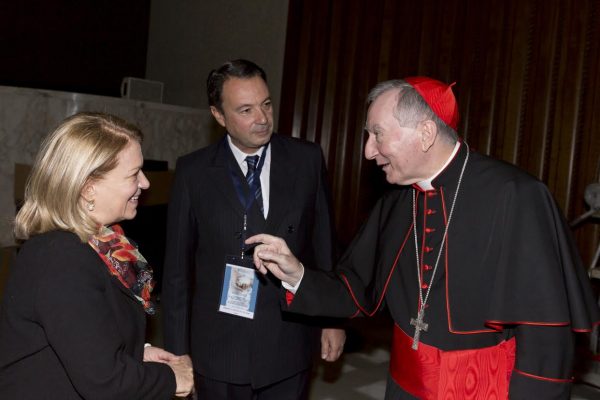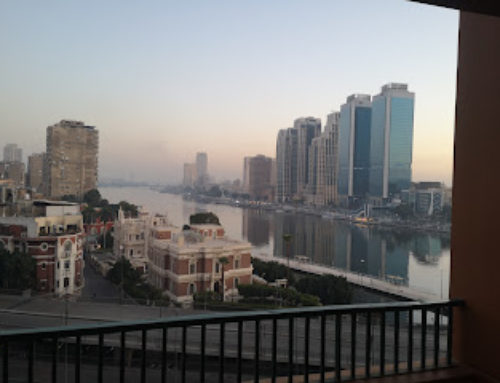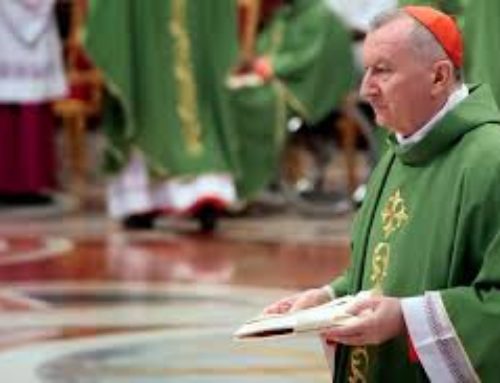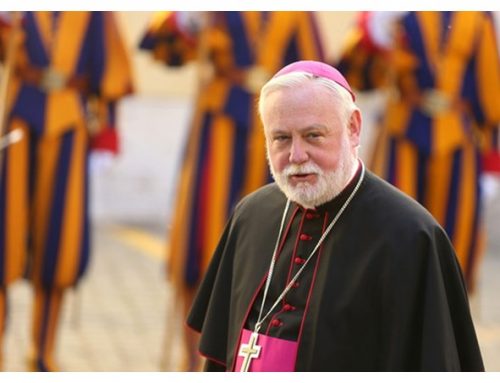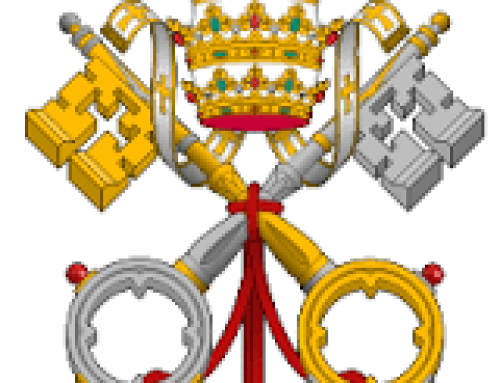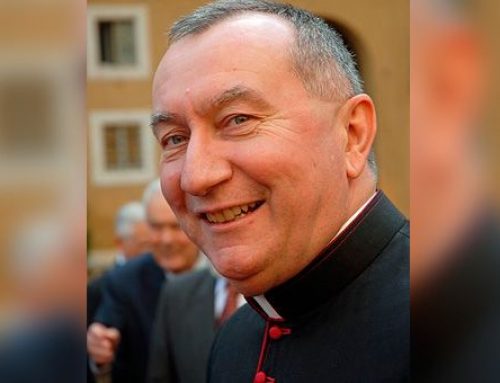Cardinal Pietro Parolin Delivers Statement at the Summit of the Future
By His Eminence Cardinal Pietro Parolin
Secretary of State of the Holy See
New York, 23 September 2024
Mr. President,
The current Summit is being convened against a backdrop of apparent crisis in the multilateral system. This is largely attributable to the erosion of trust between nations, as evidenced by the growing prevalence and intensity of conflict. Therefore, this Summit should be a source and a reason for hope, in line with Pope Francis’s assertion that “hopeful does not mean to be optimistically naïve and ignore the tragedy humanity is facing. Hope is the virtue of a heart that doesn’t lock itself into darkness, that doesn’t dwell on the past, does not simply get by in the present, but is able to see a tomorrow.”[1] The future should be constructed on a foundation of principles, including the inherent, God-given dignity of every individual, the promotion of integral human development, the equality and sovereign dignity of all nations, and the establishment of trust between them. It is thus that there is a need to rethink actions in a number of areas:
First, eradication of poverty must remain the overarching goal of all future action, bearing in mind that development is the name for peace.[2] A peaceful and prosperous future therefore requires the political will to use all possible means to achieve sustainable development. This includes the reform of international financial institutions, debt restructuring and the implementation of debt forgiveness strategies.
Second, the pursuit of peace requires the implementation of a general disarmament, and, in particular, the total elimination of nuclear weapons. Narrow geopolitical considerations must be put aside and strong economic lobbies must be resisted in order to uphold human dignity and ensure a future in which all human beings can enjoy integral development, both as individual and as a community.
Third, Artificial Intelligence (AI) is the latest building block in the vast expansion of industrial pursuits and the marvelous discoveries of science. Technology reflects the orientation towards the future, and there is an urgent need to regulate it. The Holy See advocates for a regulatory framework for AI ethics that encompasses the lifecycle of AI and addresses, inter alia, data protection, accountability, bias, and the impact of AI on employment.
Above all, thinking of the future should take into account the needs and interests of future generations. It is imperative that a dignified future is guaranteed for all, ensuring the provision of the requisite conditions — including a nurturing family environment — to facilitate flourishing, while simultaneously addressing the myriad challenges that impede this, including those resulting from poverty, conflict, exploitation and addiction.
Mr. President,
While taking note of the adoption of the Pact for the Future and its Annexes, the Holy See, in conformity with its nature and particular mission, wishes to express its reservations on some of the concepts used therein:
1. Regarding the terms “sexual and reproductive health” and “reproductive rights”, the Holy See considers these terms as applying to a holistic concept of health, which embrace, each in their own way, the person in the entirety of his or her personality, mind and body, and which foster the achievement of personal maturity in sexuality and in the mutual love and decision-making that characterize the conjugal-relationship between a man and a woman in accordance with moral norms. The Holy See does not consider abortion or access to abortion or abortifacients as a dimension of these terms.
2. With reference to “gender”, the Holy See understands the term to be grounded in the biological sexual identity that is male or female.
Mr. President,
If dignity is the foundation and integral human development is the goal of our future, dialogue is the necessary means. Today, the sense of belonging to a single human family is fading, and the dream of working together for justice and peace seems outdated and utopian.[3] This need not be the case, if there is a will to engage in genuine dialogue. As Pope Francis already exhorted this Assembly: “The present time invites us to give priority to actions which generate new processes in society, so as to bear fruit in significant and positive historical events. […] The future demands of us critical and global decisions in the face of world-wide conflicts which increase the number of the excluded and those in need.”[4]
Thank you.
[1] Pope Francis, Video Message on the occasion of the TED Conference in Vancouver, 26 April 2017.
[2] Cf. Pope Paul VI, Encyclical Letter Populorum Progressio, 26 March 1967, 76.
[3] Cf. Pope Francis, Encyclical Letter Fratelli Tutti, 3 October 2020, 30.
[4] Pope Francis, Address to the Members of the General Assembly of the United Nations Organization, 25 September 2015.


